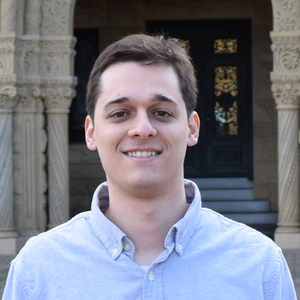Scalable Methods for Monitoring and Controlling Large-Scale Phenomena (Talk)
What do forest fires, disease outbreaks, robot swarms, and social networks have in common? How can we develop a common set of tools for these applications? In this talk, I will first introduce a modeling framework that describes large-scale phenomena and which is based on the idea of "local interactions." I will then describe my work on creating estimation and control methods for a single agent and for a cooperative team of autonomous agents. In particular, these algorithms are scalable as the solution does not change if the number of agents or environment size changes. Forest fires and the 2013 Ebola outbreak in West Africa are presented as examples.
Biography: Ravi Haksar is a Ph.D. candidate working with Dr. Mac Schwager in the Multi-Robot Systems Lab at Stanford University. He is currently working with Dr. Sebastian Trimpe as a visiting student in the Intelligent Control Systems group. His research interests include multi-agent systems, optimal control, and reinforcement learning. He received a B.Sc. from the Georgia Institute of Technology and a M.Sc. from Stanford University, both in Mechanical Engineering. Please visit msl.stanford.edu/people/ravi-haksar for more information.
Details
- 18 October 2018 • 14:00 - 15:00
- MPI-IS Stuttgart, seminar room 2P4
- Intelligent Control Systems


